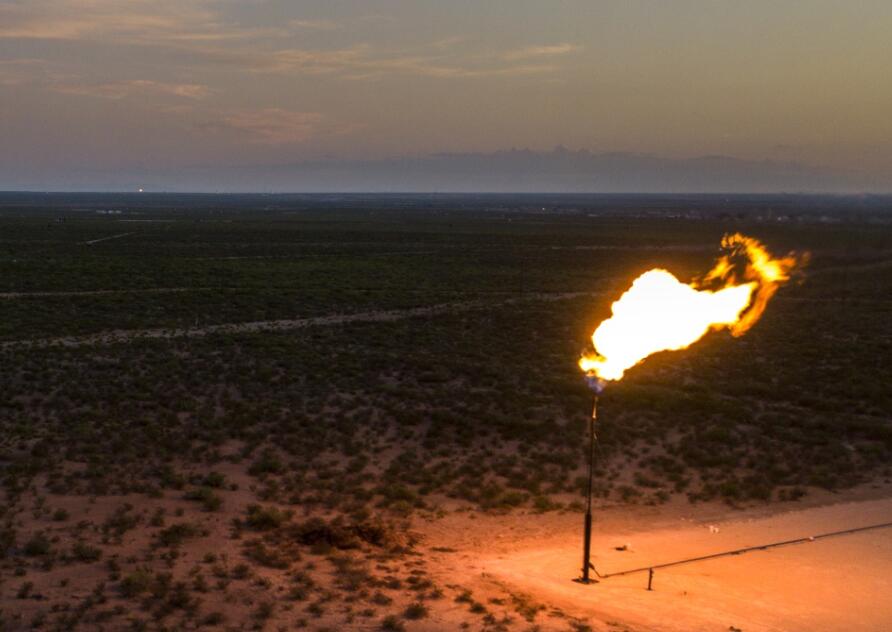1
This week’s $26 billion combination of two Texas oil companies is the latest in a series of deals that’s ushering in the era of Big Shale. Wall Street, which eyed the sector with skepticism for most of the last decade, appears to be all in.
Diamondback Energy Inc.’s takeover of Endeavor Energy Resources LP announced on Feb. 12 topped off a year of roughly $250 billion in US oil and natural gas deals that consolidated a fractured collection of private wildcatters into larger corporations.
Diamondback boldly touted itself as “the must-own” stock in America’s richest oil field, and in a stark reversal of the knee-jerk punishment typically meted out to suitors in corporate acquisitions, the stock jumped 11% in a matter of hours. It was perhaps the surest sign of investor approval.
By the end of the week, the shale explorer touched a record high and swelled its market valuation by $5 billion, even though the transaction won’t close for several months.
On a broader scale, the consolidation wave is healing the hangover from years of overspending by shale drillers who pursued output growth at the expense of investor returns. While it was small upstarts who pioneered the shale revolution, Wall Street demands for scale, efficiency and cash returns mean the new era is turning into one of survival of the biggest.
“It has become a big-company game,” said Mark Viviano, a managing partner at Kimmeridge Energy Management Co., which has been hammering the shale-sector to consolidate for half a decade. “Now you have an arms race for operational scale and investor relevancy.”
 iMetal
iMetal
